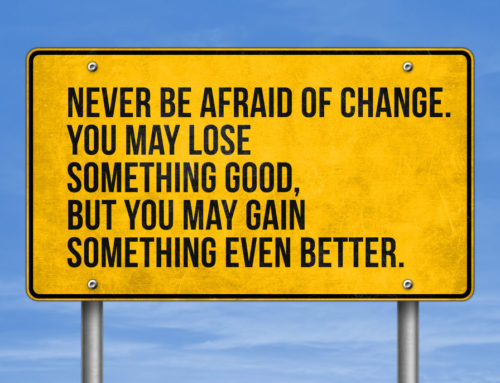Maria was kicking herself. Hard.
“I should phone my mum more often, I know I should. If I phoned her more often, we’d have a better chance of understanding each other. I should just get my act together and phone her.”
Janet counselled her. “She should be phoning you! You should stop feeling so blooming guilty the whole time!”
Mike, Maria’s brother, chimed in. “She’s right you know. As our mother, she should be phoning us more often. It’s not like the phone only works one way. She should show us she cares once in a while and get in touch!”
 That tantalising word ‘should’. How we like to judge ourselves – and others – by its standards. The moment the word is uttered, it adds weight to the opinion it accompanies by its assumption of an agreed social norm. But who says? Who says Maria ‘should’ phone her mum more often? Who says she ‘should’ stop feeling guilty? And who says that Maria’s mum ‘should’ show her children that she cares? Was there a meeting that we missed?
That tantalising word ‘should’. How we like to judge ourselves – and others – by its standards. The moment the word is uttered, it adds weight to the opinion it accompanies by its assumption of an agreed social norm. But who says? Who says Maria ‘should’ phone her mum more often? Who says she ‘should’ stop feeling guilty? And who says that Maria’s mum ‘should’ show her children that she cares? Was there a meeting that we missed?
More often than not, when we use the word ‘should’ about ourselves or others, we are actually accessing an authoritative voice from our past. Next time you find yourself saying it, stop and notice whose voice that ‘should’ has in your head. Is it one of your parents? A teacher or a priest perhaps? Or is it the voice of the author of an article you have read?
The source of the ‘should’
Of course, finding the source of the ‘should’ doesn’t make it any more right or wrong, but it does give us the chance to examine it for truth. If it is a message we absorbed critically when we were small, it might be that its guidance no longer fits our current reality, or perhaps it needs some modification.
Finding ourselves saying ‘should’ gives us an opportunity to discover what is important for us, and it also enables us to switch off the inner critic that so often clouds our perception. If Maria stopped to examine her statements, she might realise that the source of the ‘should’ has the voice of her domineering grandfather or her well-meaning friends. She might find this gives her some relief from the guilt as she sees that her ‘should’ is only the opinion of a small handful of people and not an unwritten law, and this relief might open her up to the possibility of replacing ‘should’ with ‘could’. She might then arrive at the conclusion that she could carry on as she has been doing, with the result of feeling estranged from her mum, or she could phone her more regularly with the hope that they become closer as a result.
A new course of action
Mike might realise that the condemning ‘should’ of his mother is his actually wife’s voice, who feels resentful that her mother-in-law doesn’t visit her grandchildren more often. He could choose to share her disdain, he could discuss the problem with his mum or he could plan some day trips to get his children and their grandmother together more often.
Once ‘could’ replaces ‘should’, there is an entirely different emotional weight to almost any statement – an element of choice and empowerment, rather than obligation and control – and with it comes many more possible courses of action.
Over to you
- Take note whenever you find yourself using the word ‘should’. Whose voice is it? Is there any truth in it? Use it as an opportunity to uncover the assumptions that you hold.
- What happens when you replace ‘should’ with ‘could’ in the statement you just made?
Do you know someone who could benefit from War to Peace®?
If you know someone who would benefit from recognising some alternative reasons for other people’s reactions, our last open-access War to Peace® workshop for 2017 is on 13 October and we have just ONE space left. To book your place, click here.
P.S. Pass it on!
Found this useful? Then please share this article using the icons below and do leave us a comment.
“When just one word can make ALL the difference to your interactions”
Please leave your name and email address at the top or bottom of this page to receive more articles like this.
©Halcyon Global 2017






Leave A Comment